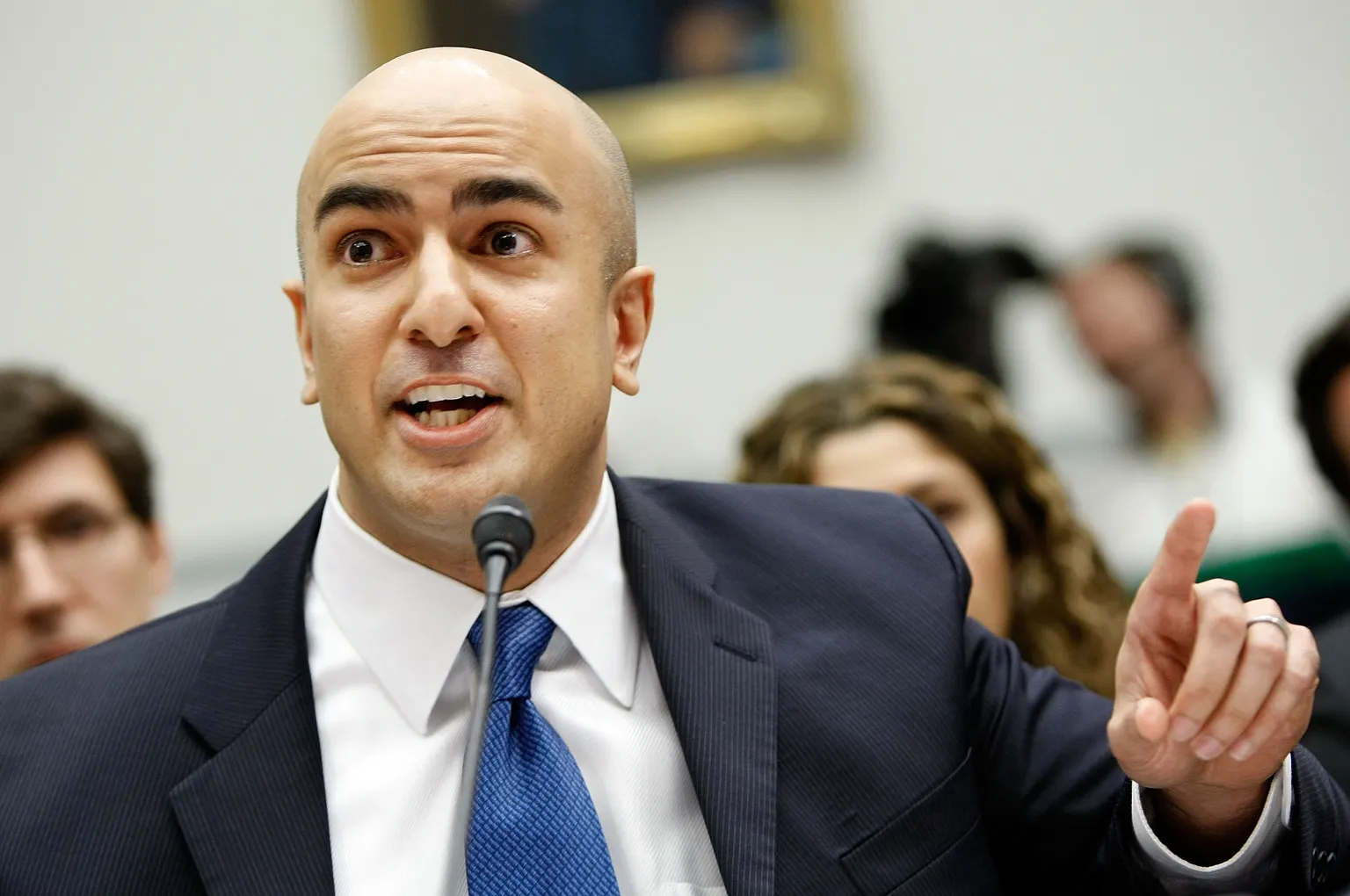Minneapolis Fed Discusses Early Childhood Education's Role in Economic Health

Minneapolis Fed's Economic Perspective
Recently, the Minneapolis Fed has taken a proactive stance on the significance of early childhood education for long-term economic progression. President Neel Kashkari articulated that current monetary policies need adjustment as the 50-basis point rate cut may not yield immediate economic relief. Investing in early education enhances workforce productivity, leading to a healthier economy.
Linking Education to Economic Stability
The Fed asserts that early childhood education is a critical determinant of future economic outcomes. It is imperative to recognize how these investments can reduce societal costs related to welfare and crime, thereby creating a stronger economic foundation. By fostering talent early, the Minneapolis Fed suggests profound positive impacts on GDP growth in the years to come.
- Current Monetary Policies
- Childhood Education Benefits
- Future Economic Growth Strategies
Conclusion and Future Directions
In summary, the Minneapolis Fed's viewpoint sheds light on the intersection of education and economic sustainability. Support for early childhood education isn't just a social policy; it's also an economic necessity that can drive growth and stability.
This article was prepared using information from open sources in accordance with the principles of Ethical Policy. The editorial team is not responsible for absolute accuracy, as it relies on data from the sources referenced.